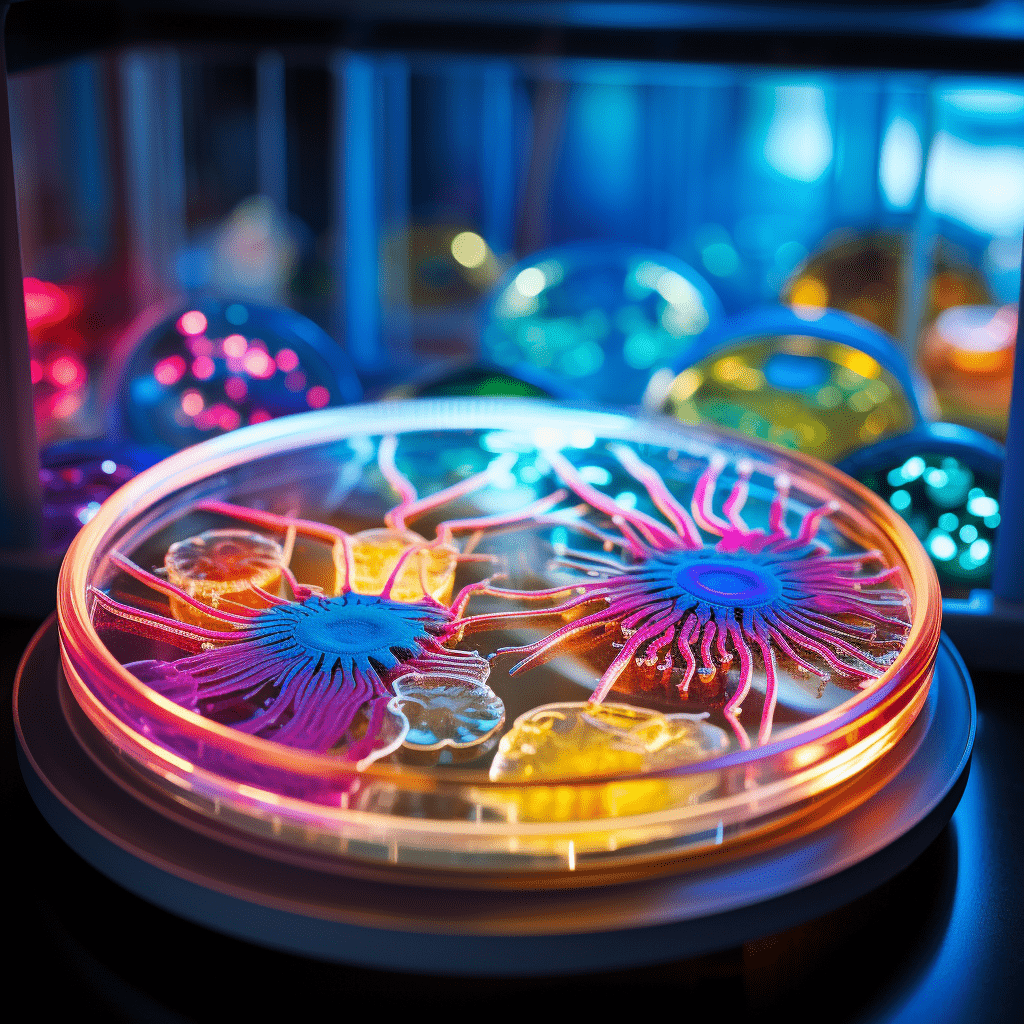As the realm of scientific exploration continually expands, synthetic biology stands out as a revolutionary subfield of bio-engineering. Diving deep into the creation of new biological systems, synthetic biology emerges as a beacon of modern scientific advancement. It’s not merely about understanding biology but about redesigning and constructing it from scratch. Akin to software developers creating new applications for a computer, bio-engineers are now scripting the code of life, pioneering biological systems that don’t exist in nature.
At its core, synthetic biology challenges the traditional boundaries of biology, blurring the lines between what is natural and what is engineered. The field’s audacious goal is to design, build, and test new biological parts, devices, and systems. Unlike traditional genetic engineering, which typically involves tweaking existing genes, synthetic biology aims to create entirely new genetic sequences. These innovations hold the promise of solutions to some of our world’s most pressing challenges.
Tackling Medical Complexities
In the realm of medicine, synthetic biology holds vast potential. Scientists are exploring custom-made microorganisms designed to target specific cancer cells or pathogens, offering a highly specialized form of treatment. Moreover, with the increasing threat of antibiotic-resistant bacteria, there’s a pressing need for novel drugs. Synthetic biology might be the answer, providing a platform to develop unique compounds, potentially rendering antibiotic resistance obsolete.
Revolutionizing Agriculture
The global population is booming, and with it comes the daunting challenge of ensuring food security. Synthetic biology steps into this fray, promising crop varieties that are not only high-yielding but also pest-resistant and climate-resilient. By introducing novel genes into plants, scientists aim to create crops that can thrive in less-than-optimal conditions, ensuring a stable food supply. Additionally, bio-engineers are exploring ways to reduce the dependence on chemical fertilizers, instead engineering plants that can fix their nitrogen from the air, a feat typically associated with legumes.
Biofuels: The Green Alternative
The urgent call to shift away from fossil fuels has made alternative energy sources a priority. Here, synthetic biology offers a sustainable solution. By modifying the metabolic pathways of microorganisms, bio-engineers can enable them to produce biofuels. These fuels, derived from renewable biomass, present a cleaner, more sustainable alternative to traditional fossil fuels. Research in this direction has already seen successes, with modified algae and bacteria efficiently producing bioethanol and biodiesel.
In the ever-evolving landscape of science, synthetic biology illuminates a path brimming with possibilities. As we continue to decode the mysteries of life, this pioneering field promises solutions previously deemed unattainable, reshaping our understanding of biology and its potential applications.

